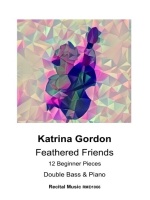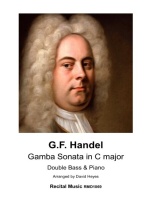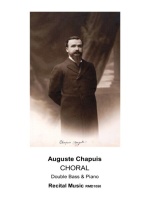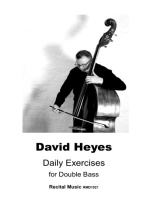Your basket is currently empty!
3 Pieces for Solo Bass
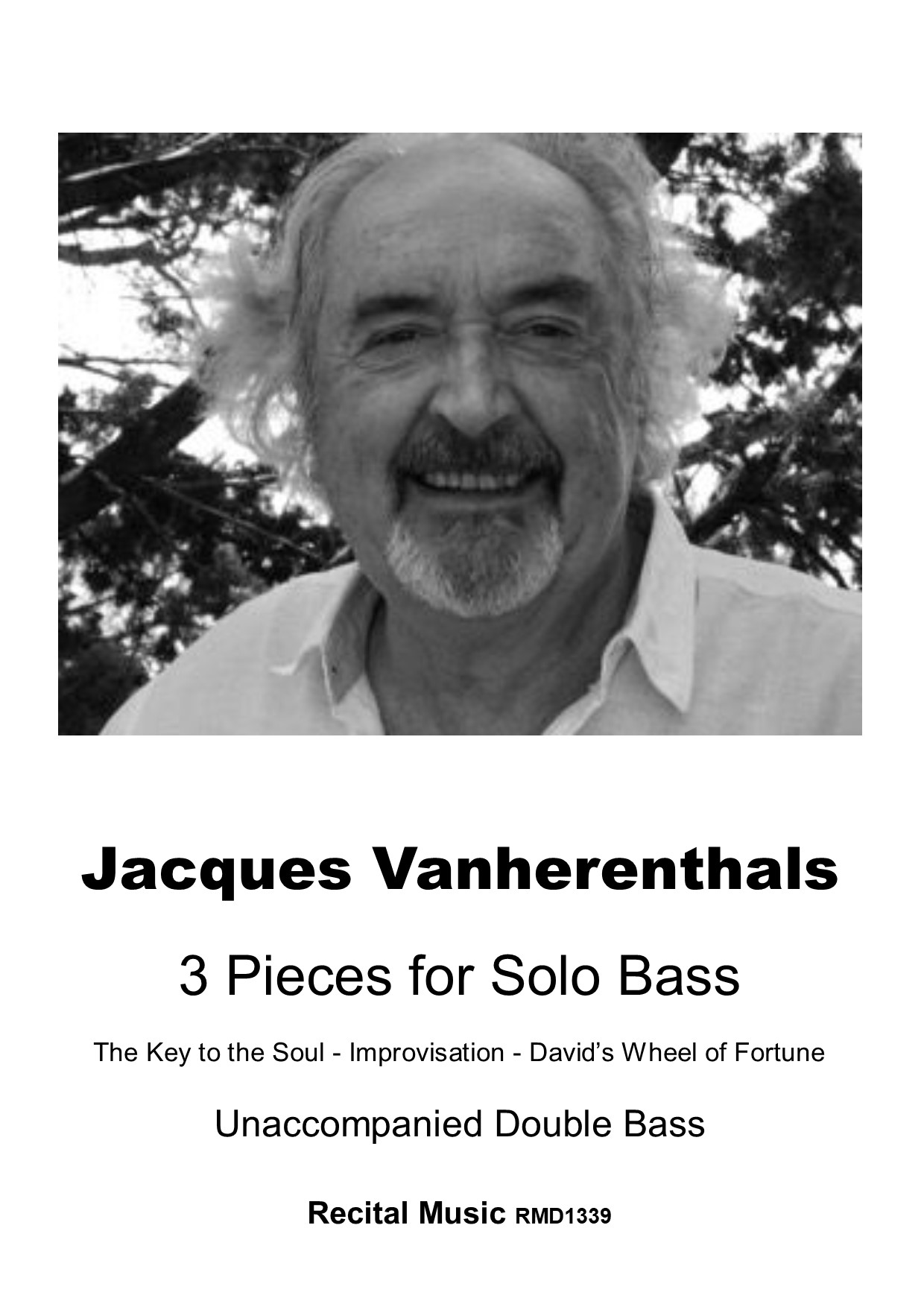
Description
Three colourful and inventive pieces for unaccompanied double bass which exploit the lyrical and sonorous potential of the solo double bass. Written in a modern …but accessible style and exploring the solo register of the instrument, they offer musical and technical challenges in equal measure and would be ideal for any recital or concert.
1. The Key to the Soul
Before reaching the soul, music passes through both heart and spirit. A universal language, it is spoken on all five continents but resounds even further, beyond our world.
By invitation from David Heyes, ‘The Key to the Soul’ is dedicated as homage to Tony Osborne, a composer, teacher and friend.
2. Improvisation
In the 1980s there were two Double Bass, Quartets in Brussels: the Brussels Double Bass, Quartet and the Maurice Aerts Quartet. Maurice was my colleague in the Radio and Television Symphony Orchestra during the 1970s before he became Solo Double Bass to the Opera La Monnaie.
Maurice took the initiative for the organisation of a big double bass virtuoso meeting in Gand in 1985, if I remember well. He invited his own quartet and also guests Franco Petracchi, Niels Pedersen and … Gary Karr. I remember, among others, that Franco played the Rossini Duetto for cello and double bass with France Springuel (a great Belgian cello virtuoso) and Gary played the Moses Fantasy with breath taking ease, making clown faces that made all listeners laugh. What an incredible virtuoso he is!
I composed this modest improvisation for him to celebrate his 80th birthday and send my deepest admiration.
3. David’s Wheel of Fortune
Wisdom sets in at the beginning of the sixth decade without, however, dimming the birthday boy’s ever-dynamic spirit of eternal youth. That is what I have tried to
describe in sixty seconds through the four octaves of the double-bass to mark the sixtieth birthday of the perfectly unique and indefatigable David Heyes.
One minute of resolute optimism. Four characteristic notes introduce a short joyful, fully self-assured cell that takes us through two octaves. The development becomes more eloquent, more virtuoso, as successive waves of triple-time phrases introduce new harmonics and resolve into “Happy Birthday”. The conclusion restates the four notes of the introduction as if to boldly complete the circle.
[Programme notes by Jacques Vanherenthals]
R.R.P £8
Our Price £6.8
